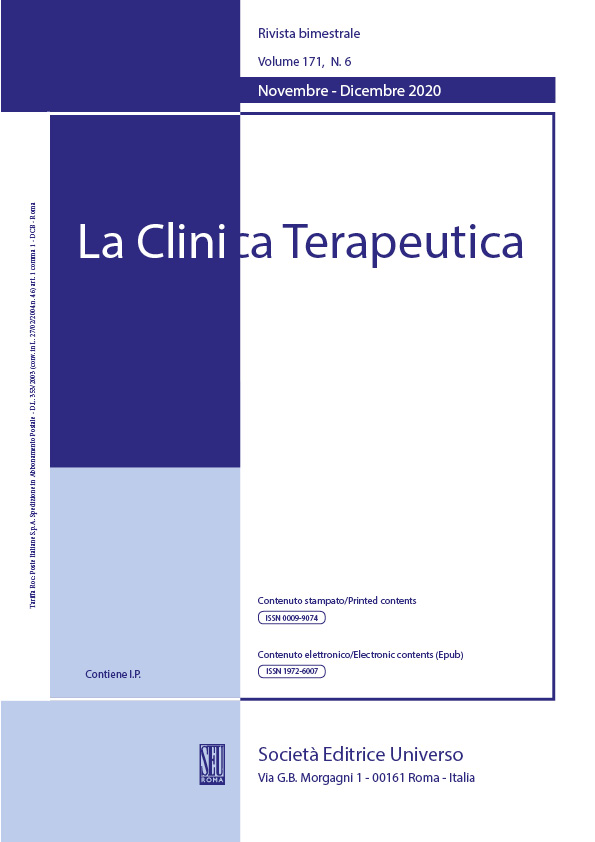Abstract
Despite the advances made by therapeutic technologies, healthcare-associated infections (HAIs)
are currently still a worldwide problem.
Central-line-associated bloodstream infections (CLABSIs) are one of the most common causes of HAIs.
The cost of CLABSIs is considerable , both for the increase in morbidity and financial resources expenses.
Coagulase-negative staphylococci are the common pathogens responsible for CLABSIs , followed by Staphylococcus aureus, Enterococci, and Candida spp.
The Enterococcus genus comprises of more than 50 species but E. faecalis and E. faecium are the most common causes of infections in humans.
Enterococcus Raffinosus (ER) is a non-faecalis and non-faecium enterococcus
even if ER has rarely been proven to be a human pathogen, recent reports of infections caused by enterococci that are relatively resistant to beta-lactam antibiotics by non-p-lactamase mechanisms have included strains of ER.
Here we describe a first report of CLABSI due to Enterococcus Raffinosus in a cancer patient.
